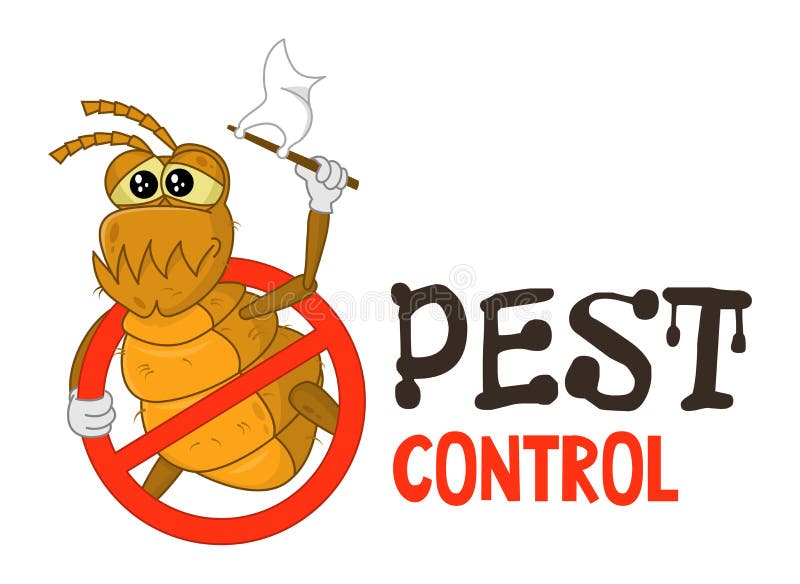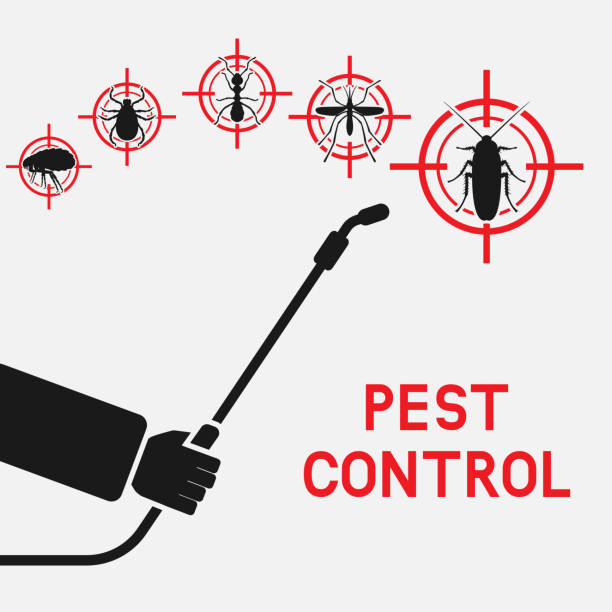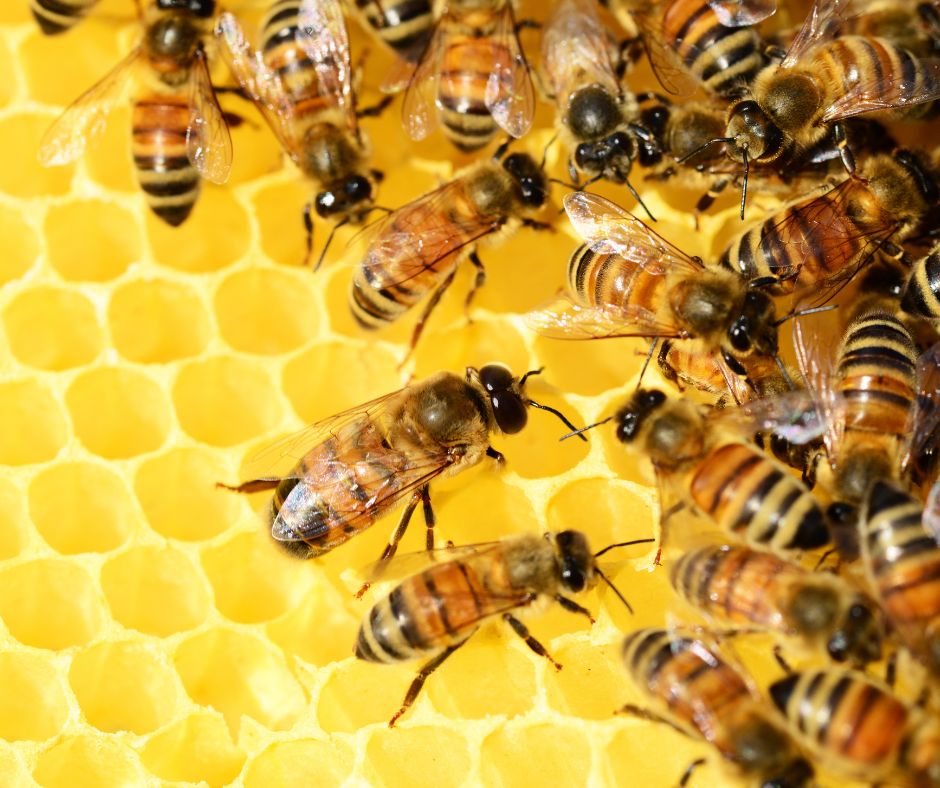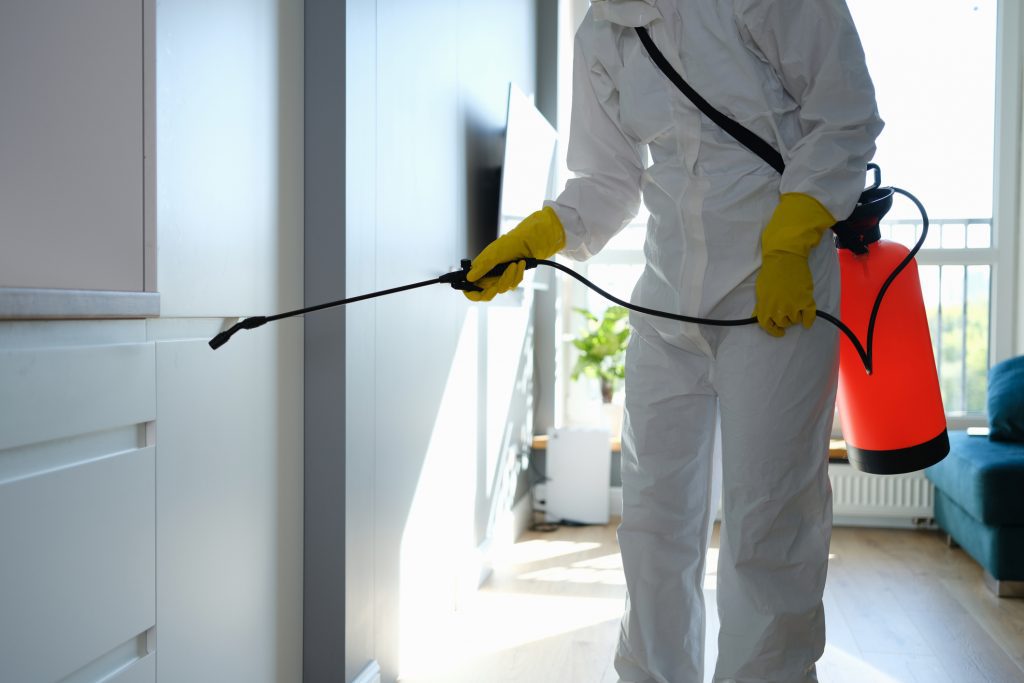Efficient and Reliable Bed Bug Exterminator Port Charlotte Services for Stress-Free Living
Efficient and Reliable Bed Bug Exterminator Port Charlotte Services for Stress-Free Living
Blog Article
Uncover the Relevance of Insect Control in Maintaining a Healthy Atmosphere and Treatment Methods

The Function of Insects in Ecosystems
Parasites, commonly checked out exclusively as annoyances, play a diverse role in environments that is vital for keeping ecological equilibrium. They contribute significantly to various eco-friendly processes, including pollination, nutrition biking, and parasite control. Numerous insect types, such as butterflies and , are crucial pollinators for a broad range of plants, which in turn supports biodiversity and food manufacturing.
In addition, insects act as victim for numerous predators, developing a vital link in food webs. This connection guarantees the survival of different species and helps regulate populations within environments (Termite treatment Port Charlotte). Decomposer parasites, such as particular beetles and fungis, are critical in damaging down natural issue, therefore enriching dirt and helping with vitamins and mineral recycling.
On the other hand, while insects can be beneficial, their overpopulation or intrusion right into non-native settings might interrupt these ecological features. This complexity highlights the relevance of recognizing parasite dynamics, as efficient pest management techniques should consider both their environmental duties and prospective effect on human tasks. Stabilizing pest presence while reducing harm is important for maintaining the integrity of ecosystems and ensuring agricultural productivity.
Health Threats Related To Bugs
The presence of pests in different atmospheres prolongs past their environmental roles, as they likewise present substantial wellness dangers to pets and human beings. Lots of pests, including insects, rodents, and parasites, are service providers of diseases that can have significant health effects. Rats are understood to send hantavirus and leptospirosis, both of which can lead to extreme respiratory system and kidney issues, respectively.
Insects such as ticks and insects are well known for spreading out vector-borne diseases like malaria, dengue fever, and Lyme disease. These illnesses can result in high morbidity and mortality rates, particularly in at risk populaces. Furthermore, parasites like vermins and cockroaches can intensify allergies and asthma, adding to respiratory system problems in people, specifically those with pre-existing conditions.
In addition, the existence of insects can lead to psychological tension and pain, impacting overall wellness. Contamination of food and surface areas by parasite droppings and stays can lead to foodborne diseases, highlighting the relevance of keeping sanitary conditions. Comprehending the health risks linked with pests is important in identifying the requirement of effective parasite monitoring techniques to safeguard human and animal wellness.

Advantages of Reliable Insect Control
Reliable insect control is necessary for keeping a safe and healthy setting, as it constantly reduces the countless threats associated with bug infestations. Among the key advantages of effective pest management is the reduction of health risks. Parasites such as insects, rodents, and cockroaches are vectors for conditions that can influence both human beings and pet dogs. By controlling these populaces, the probability of illness transmission is dramatically lowered.
Furthermore, reliable insect control safeguards residential or commercial property and structures from damages. Numerous bugs, like termites and carpenter ants, can create comprehensive architectural damage that may require expensive fixings. By proactively handling these property owners, invasions and companies can protect their investments.
Another substantial this hyperlink advantage is the improvement of overall lifestyle. A pest-free atmosphere adds to mental health and minimizes anxiety related to invasions. Effective insect control fosters a more secure setting for family pets and youngsters, making sure that homes stay sanctuaries free from dangerous chemicals and disease-causing organisms.
Common Pest Control Methods

In the world of parasite administration, different strategies are used to combat infestations efficiently. These techniques can be generally categorized right into 3 major approaches: social, mechanical, and chemical controls.
Cultural control includes modifying practices to minimize pest facility, survival, and reproduction. This might consist of plant rotation, appropriate hygiene, and habitat manipulation, which collectively create an atmosphere much less helpful to pest spreading.
Mechanical control uses physical methods to remove bugs (Termite treatment Port Charlotte). Techniques such as traps, vacuums, and obstacles are generally utilized to directly get rid of bugs from an area. This technique is particularly reliable for managing rodents and exterminator number pests without making use of damaging chemicals
Chemical control entails the application of chemicals to handle parasites. These substances can be categorized right into herbicides, fungicides, and pesticides, each targeting details kinds of pests. It is vital to make use of these chemicals judiciously, adhering to safety guidelines and policies to decrease possible harm to non-target species and the environment.
Each insect control method has its benefits and restrictions, and frequently, an integrated method combining multiple techniques yields the very best lead to maintaining a pest-free setting.
Lasting Pest Monitoring Practices
Lasting bug administration practices encompass a range of approaches made to lessen environmental effect while properly controlling insect populations. These practices focus on using eco friendly approaches over chemical pesticides, thus decreasing the risk of damage to non-target species, consisting of useful insects, wild animals, and humans.
Integrated Parasite Monitoring (IPM) is a cornerstone of sustainable practices, integrating organic, cultural, mechanical, and chemical techniques to take care of pests. As an example, biological control includes introducing all-natural killers or parasites to reduce bug populaces. Cultural methods, such as crop rotation and polyculture, interrupt pest life cycles and enhance environment durability.
Mechanical techniques, such as obstacles or traps, can successfully stop insect access without chemical intervention. In addition, keeping healthy ecosystems through correct soil monitoring, plant health and wellness, and biodiversity can naturally mitigate parasite problems.
Education and awareness are essential parts, equipping neighborhoods and individuals to identify insect hazards early and carry out precautionary steps. Termite treatment Port Charlotte. By promoting an alternative method that stabilizes pest control with eco-friendly honesty, lasting pest administration techniques not only secure frameworks and plants but likewise add to a much healthier atmosphere for future generations
Final Thought

Understanding the health and wellness dangers connected with bugs is crucial in identifying the necessity of effective pest administration strategies to protect human and animal health and wellness.
Effective insect control is crucial for keeping a healthy and balanced and secure environment, as it continually alleviates the various risks linked with bug invasions.Integrated Pest Monitoring (IPM) is a foundation of lasting methods, combining organic, cultural, mechanical, and chemical methods to handle parasites. By comprehending the role of insects, recognizing connected health dangers, and employing diverse treatment methods, a lasting technique to pest monitoring can be achieved. Integrated Bug Administration (IPM) emphasizes an alternative technique that mitigates harm to helpful microorganisms while effectively regulating parasite populaces.
Report this page